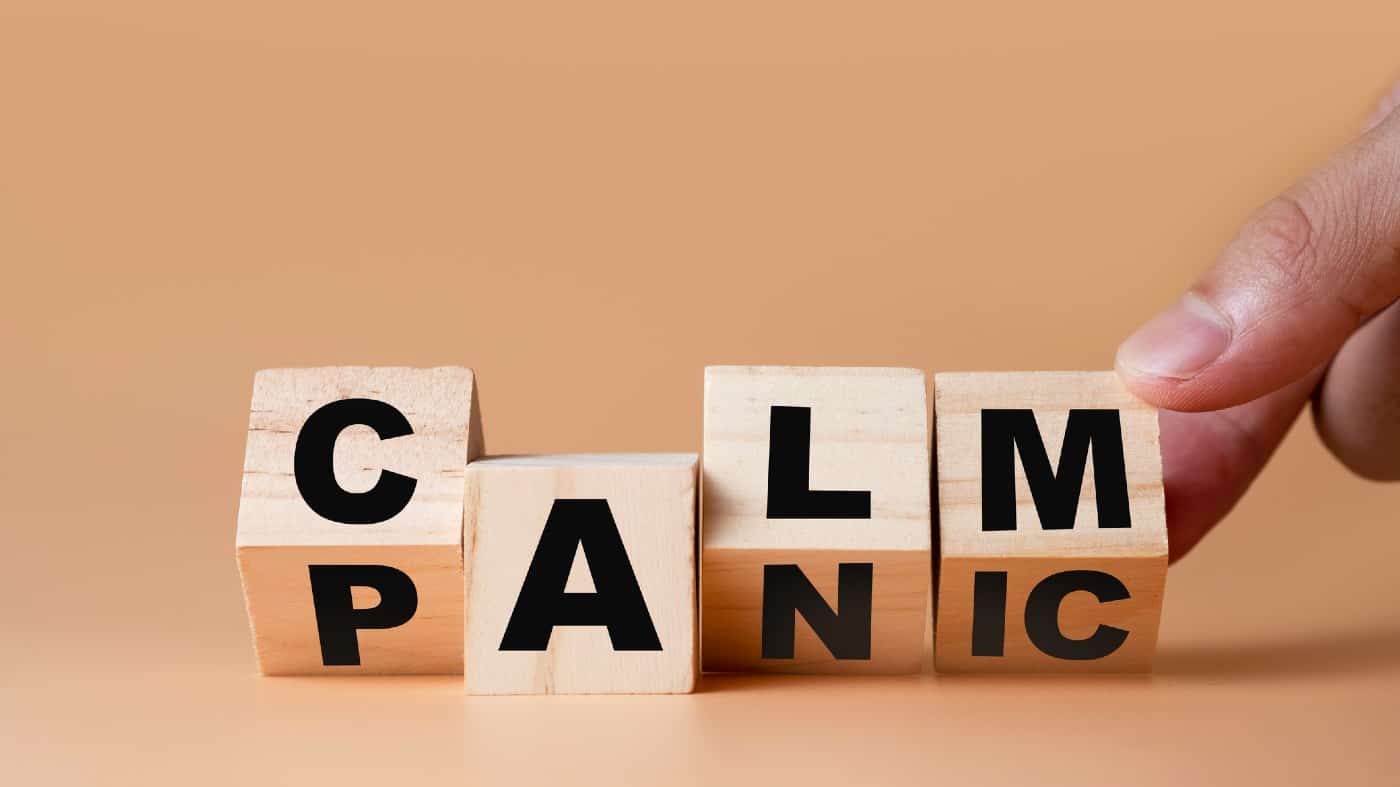I’m struggling to remember a time when we had so much financial information to absorb in such a short period as we had last week. Still, the point is that no one appeared to like what they were hearing. UK stocks received an absolute drubbing.
As someone with limited funds and a dream to retire early, that’s never likely to leave me with a warm, fuzzy feeling. So, here are three ways I’ve been coping.
Look to the past…and the future
Mindfulness books and classes preach the benefits of living in the moment. I don’t disagree that this is a great idea for reducing anxiety. However, it’s something I’m avoiding when it comes to investments.
You see, looking back in time (and forward) can actually be useful when dealing with market wobbles.
Granted, ‘past performance is no guide to the future returns’, to quote the warning on every investment product. But human nature is far more predictable. Share prices move up and down in the near term thanks to the toxic mix of fear and greed. Over the long term, the only direction has been up.
Go back and check out the doom-laden headlines in, say, 1987 or 2000 or 2008. Then look at where global markets were not too long afterward.
Will 2022 be any different? Very probably not.
Get saving (and researching)
Now, don’t get me wrong: I’m fully aware that putting money to work in the market might not be a priority for most people right now. Just paying those extortionate energy bills feels like a win.
Even so, I reckon we’ll come to regard this period of financial unrest as (another) wonderful opportunity to acquire quality stocks on the cheap. That’s why I’m looking around for any spare cash I can find to invest while the chips are down.
Having cut out unnecessary expenses, it’s time to draw up a wishlist. For me, these are companies boasting wide economic moats (to use some Warren Buffett lingo). This could be in the form of essential products or services (e.g. Halma). It could be a commanding share of a specialised market (e.g. Games Workshop) and/or one boasting highly-lucrative brands (e.g. Diageo).
I also like firms with low/no debt. Why? Because our knowledge of the past (see earlier) tells us that market downturns are inevitable. Put simply, any company with sound finances has a better chance of getting through them than one that’s already weighed down by heavy borrowings.
Set and forget
One last thing I’m doing is actually counter-intuitive. Having done the heavy-lifting and actually invested my cash, I’m switching off as much as possible.
Now, this doesn’t mean I’m burying my head in the sand. Like any Fool, I’m still keeping track of the latest developments as the UK government attempts to extract the economy from the doldrums.
No, it simply means I’m paying less attention to the daily moves in my own portfolio. So long as I’ve bought ‘quality merchandise’ (another one from Buffett), it makes sense just to shut the laptop and walk the dog.
And if I do find myself checking more often than I reasonably should, it probably means I’m taking on too much risk. Only then might it be wise to make changes.








